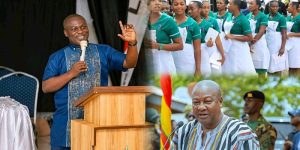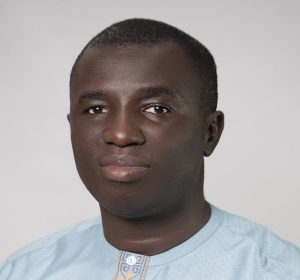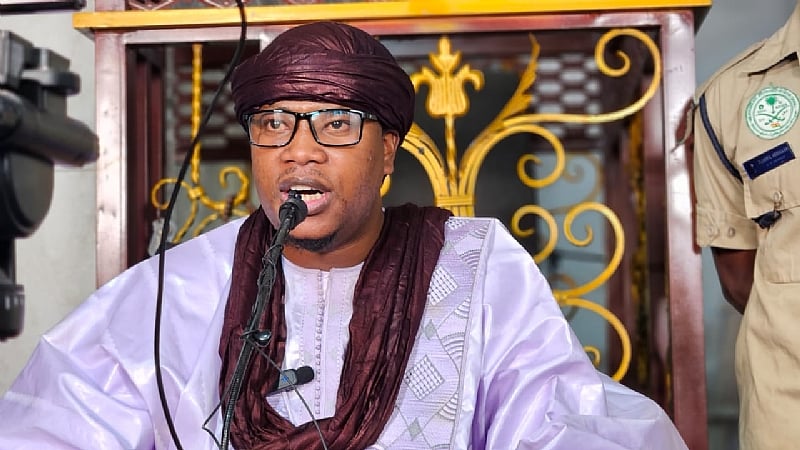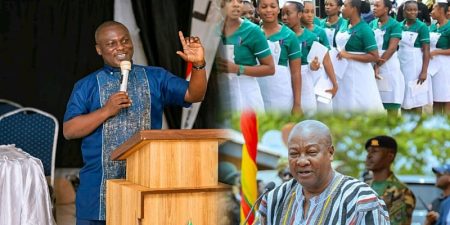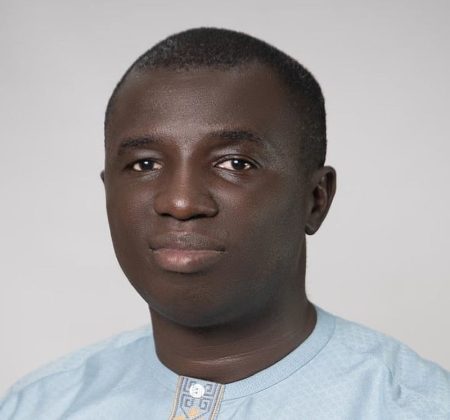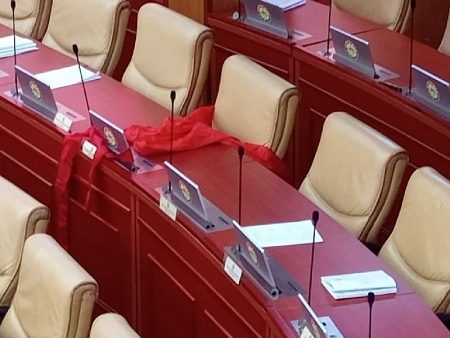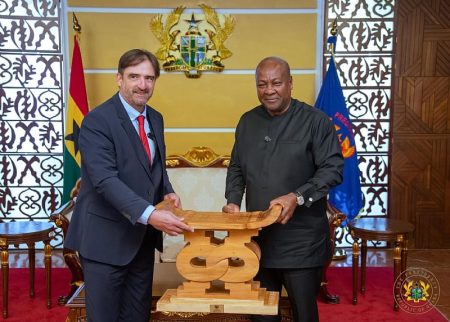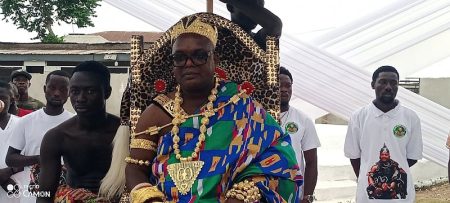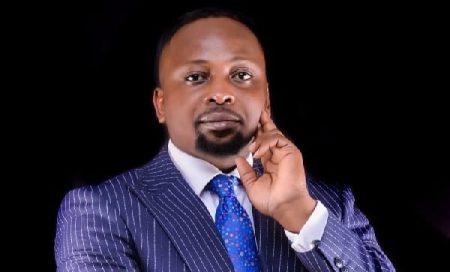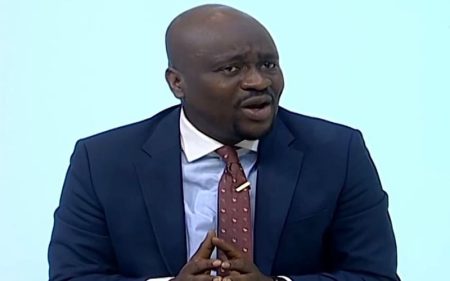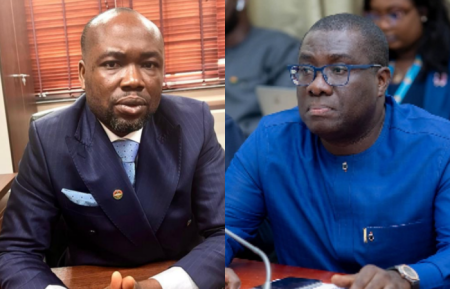Sheikh Abdul Malik Maiga’s call for President John Dramani Mahama to convert to Islam has ignited a national conversation about the intersection of faith, leadership, and divine favor. Maiga’s appeal, delivered against the backdrop of Ghana’s Republic Day celebrations, frames Mahama’s political ascent as a series of divinely orchestrated events, suggesting that embracing Islam would solidify the president’s connection with Allah and ensure the continuation of this perceived divine blessing. The cleric’s message, while deeply personal and spiritual, carries significant political and social implications, prompting reflection on the role of religion in public life and the potential influence of faith on leadership decisions.
Maiga’s argument centers on the remarkable trajectory of Mahama’s political career. From his humble beginnings as an assemblyman and Member of Parliament for Bole, Mahama steadily climbed the political ladder, serving as Deputy Minister and then Minister for Communication, before ascending to the vice presidency and ultimately the presidency. The cleric portrays this progression not merely as the result of political acumen and strategic maneuvering, but as a testament to divine intervention and Allah’s favor. He suggests that Mahama’s success is inextricably linked to a higher power, a force that has guided his path and positioned him for leadership. This narrative of divine favor forms the foundation of Maiga’s appeal, implying that accepting Islam would be a natural progression, a formal recognition of the divine hand that has shaped Mahama’s destiny.
The cleric’s message goes beyond a personal appeal to the president; it extends to the entire nation. Maiga calls upon Ghanaians to pray for Mahama’s conversion, envisioning a Ghana where leaders embody and uphold spiritual virtues rooted in faith. This call to prayer underscores the broader implications of Maiga’s message, transforming it from a private entreaty into a public declaration about the desired spiritual character of national leadership. It also highlights the influential role of religious leaders in shaping public discourse and influencing political perspectives. By invoking the concept of divinely ordained leadership and linking it to a specific religious affiliation, Maiga introduces a complex layer to the ongoing national conversation about governance and the qualities expected of those in power.
The timing of Maiga’s appeal, coinciding with Ghana’s Republic Day celebrations and national prayers, amplifies its impact. Republic Day, a time for national reflection and contemplation of the country’s journey, provides a resonant backdrop for Maiga’s message. His call for prayer and his emphasis on faith-based leadership resonate with the spirit of the occasion, injecting a deeply spiritual element into the national dialogue. This convergence of religious and political themes underscores the intertwined nature of faith and public life in Ghana, where religious beliefs often inform political perspectives and influence social values. Maiga’s message, delivered at this significant juncture, contributes to a broader national conversation about the role of faith in shaping Ghana’s future.
The public reaction to Maiga’s appeal has been varied and multifaceted. While some may view it as a genuine expression of religious conviction and a well-intentioned invitation, others might interpret it as an attempt to politicize religion or to exert undue influence on the president. This divergence of opinion reflects the complex dynamics of religious pluralism in Ghana, where different faiths coexist and engage in ongoing dialogue. The public debate sparked by Maiga’s message highlights the sensitivity of religious issues in the political sphere and the importance of respecting diverse perspectives. It also underscores the role of public discourse in navigating these sensitive issues and fostering understanding across different religious communities.
Maiga’s call for President Mahama’s conversion to Islam, while seemingly focused on a single individual, has broader implications for the national conversation about faith and leadership. It raises questions about the role of religion in public life, the interplay between personal beliefs and political decisions, and the expectations of spiritual leadership in a diverse society. The public response to Maiga’s message underscores the importance of engaging in respectful dialogue about these complex issues, fostering understanding and tolerance across different religious and political perspectives. As Ghana continues to navigate its path as a multi-faith democracy, the ongoing conversation about faith and leadership will undoubtedly play a crucial role in shaping the nation’s future.


